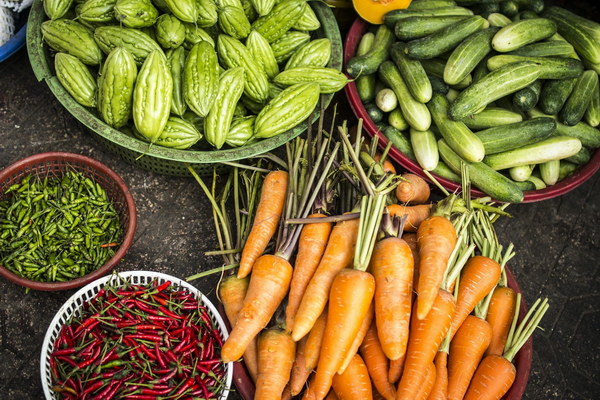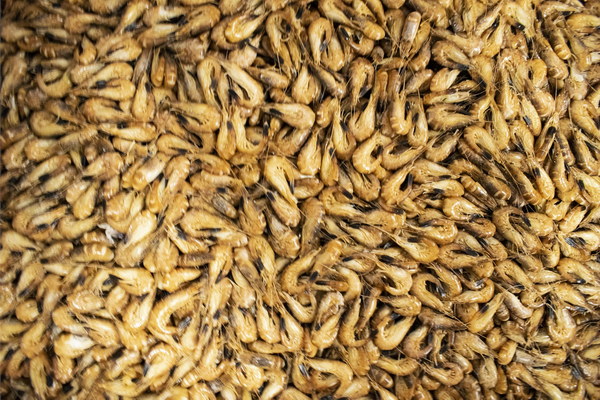Breath of Vitality The Crucial Role of Lung Care in the Elderly
As we age, the importance of maintaining healthy lungs cannot be overstated. The respiratory system plays a vital role in our overall well-being, and its proper care becomes increasingly crucial as we enter our golden years. This article delves into the significance of lung care for the elderly and offers practical tips for preserving respiratory health.
First and foremost, the elderly are more susceptible to lung diseases due to age-related changes in the respiratory system. The airways become narrower, the alveoli (air sacs) lose elasticity, and the immune system weakens, making it easier for infections to take hold. By prioritizing lung care, seniors can reduce their risk of developing conditions such as chronic obstructive pulmonary disease (COPD), pneumonia, and lung cancer.
One of the most effective ways to maintain lung health is through regular exercise. Aerobic activities like walking, swimming, or cycling can improve lung capacity and increase the efficiency of oxygen exchange. Additionally, practicing deep breathing exercises, such as diaphragmatic breathing, can help strengthen the respiratory muscles and improve lung function.
Another important aspect of lung care is maintaining a healthy diet. Foods rich in antioxidants, vitamins, and minerals can boost the immune system and protect against lung damage. Some examples include:

- Fruits and vegetables: These are high in antioxidants that can help combat inflammation and reduce the risk of lung disease. Berries, leafy greens, and cruciferous vegetables are particularly beneficial.
- Nuts and seeds: Almonds, walnuts, and flaxseeds are good sources of omega-3 fatty acids, which have anti-inflammatory properties.
- Whole grains: Foods like oatmeal and brown rice contain antioxidants and fiber, which can help lower the risk of lung cancer.
- Lean proteins: Foods like fish, poultry, and tofu are rich in protein and can help support the immune system.
It's also crucial to avoid smoking and secondhand smoke, as they are major contributors to lung disease. Smoking can damage the lungs, increase the risk of infections, and worsen existing respiratory conditions. Quitting smoking can significantly improve lung health and reduce the risk of developing lung cancer.
Proper hydration is another key component of lung care. Water helps thin the mucus in the lungs, making it easier to cough up and reducing the risk of infections. Seniors should aim to drink at least eight glasses of water per day.
Regular check-ups with a healthcare provider are essential for monitoring lung health and detecting any early signs of disease. During these visits, the doctor may perform pulmonary function tests, chest X-rays, or other diagnostic procedures to assess lung health.
In addition to these measures, some alternative therapies may be beneficial for the elderly. Acupuncture and massage therapy can help improve lung function and reduce symptoms of respiratory conditions. It's important to consult with a healthcare provider before trying any alternative therapies to ensure they are safe and appropriate.
In conclusion, lung care is of paramount importance for the elderly. By incorporating regular exercise, a healthy diet, avoiding smoking and secondhand smoke, staying hydrated, and maintaining regular check-ups with a healthcare provider, seniors can significantly reduce their risk of developing lung diseases and enjoy a higher quality of life. Remember, the breath of vitality begins with taking care of our lungs.









